University of Queensland emulates China on dissent in Drew Pavlou case
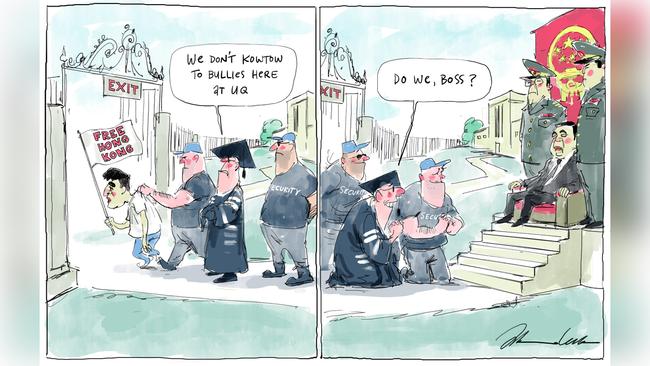
Mr Pavlou, an elected students’ representative on the university senate, faces a disciplinary hearing on May 20 and potential expulsion from the institution. A petition against his possible expulsion has drawn 25,000 signatures.
The institution’s overreaction, set out in a 186-page document sent to Mr Pavlou, begs three questions. First, what happened to the great academic traditions of intellectual freedom and free speech? Second, when was protest (for a worthy cause, democracy) not part of campus life? Third, why is the university devoting so much time and energy to silencing an undergraduate?
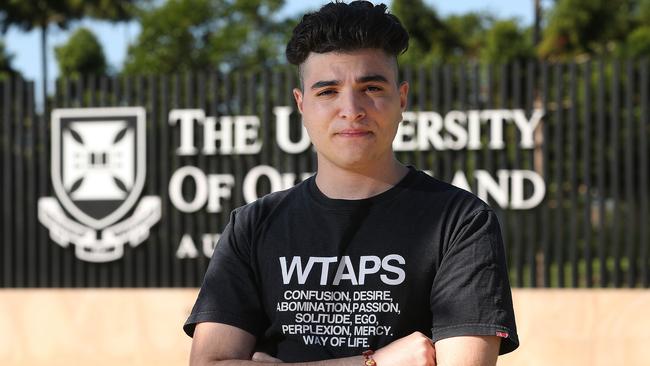
Last July, Mr Pavlou organised an on-campus protest in support of Hong Kong’s independence movement. As we reported at the time, hundreds of students were gathered in the university’s Great Court to express their solidarity with Hong Kong when pro-Chinese students gatecrashed the demonstration. Punches were thrown between the two groups in what became a four-hour standoff. At the protest, the pro-Hong Kong students also highlighted UQ’s links to the Chinese government, through its Confucius Institute. The pro-China students’ banners at the demonstration proclaimed “China’s Hong Kong”, and they chanted “China is great”. Police were called to disband the groups.
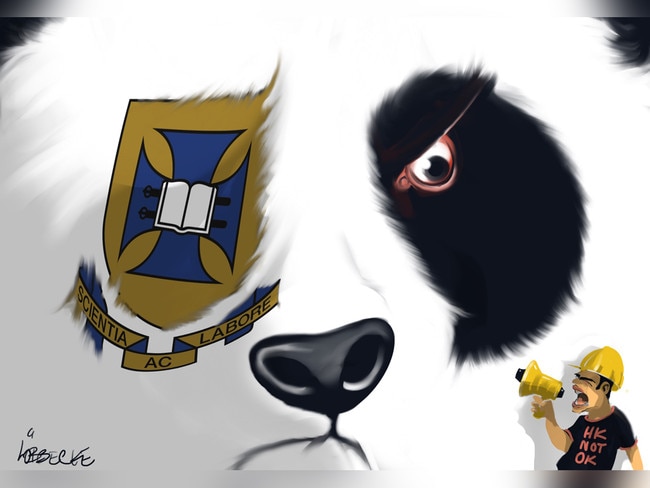
Mr Pavlou is awaiting UQ’s decision on whether he will be allowed legal representation at his hearing. As Michael McKenna reported on Wednesday, Brisbane barrister and prominent free speech defender Anthony Morris QC has offered to represent Mr Pavlou pro bono. In 2016, Mr Morris successfully represented two of the Queensland University of Technology students who were embroiled in the now-infamous 18C case. Jackson Powell and Calum Thwaites were sued for a breach of the Racial Discrimination Act by Cindy Prior, an indigenous administrative officer at QUT. Mr Morris acted free of charge for the students because of his belief in free speech and his insistence that section 18C, which makes it unlawful to “offend, insult, humiliate or intimidate” another person or group because of their race, colour or ethnic origin, “has no place in a liberal democracy”. The lawsuit brought by Ms Prior against the students failed.
I won't let UQ silence me. As an Australian, I will always stand with Hong Kong. 光復香港,時代é©å‘½! #FreeHongKong pic.twitter.com/N5CVg9T7CH
— Drew Pavlou (@DrewPavlou) May 5, 2020
Writing in The Australian this week, Charles Sturt University public ethics professor and China expert Clive Hamilton said the UQ hierarchy appeared to be trying to intimidate Mr Pavlou into silence. The English-language mouthpiece of the CCP, The Global Times, predictably, wrote recently that UQ students favoured the “expelling or punishing’’ of “an anti-China rioter’’ who had “allegedly disrupted campus order and incited racism’’. However beholden to China the UQ hierarchy may be, copying its treatment of those whose views it opposes defies academic tradition. It needs to draw a few red lines.

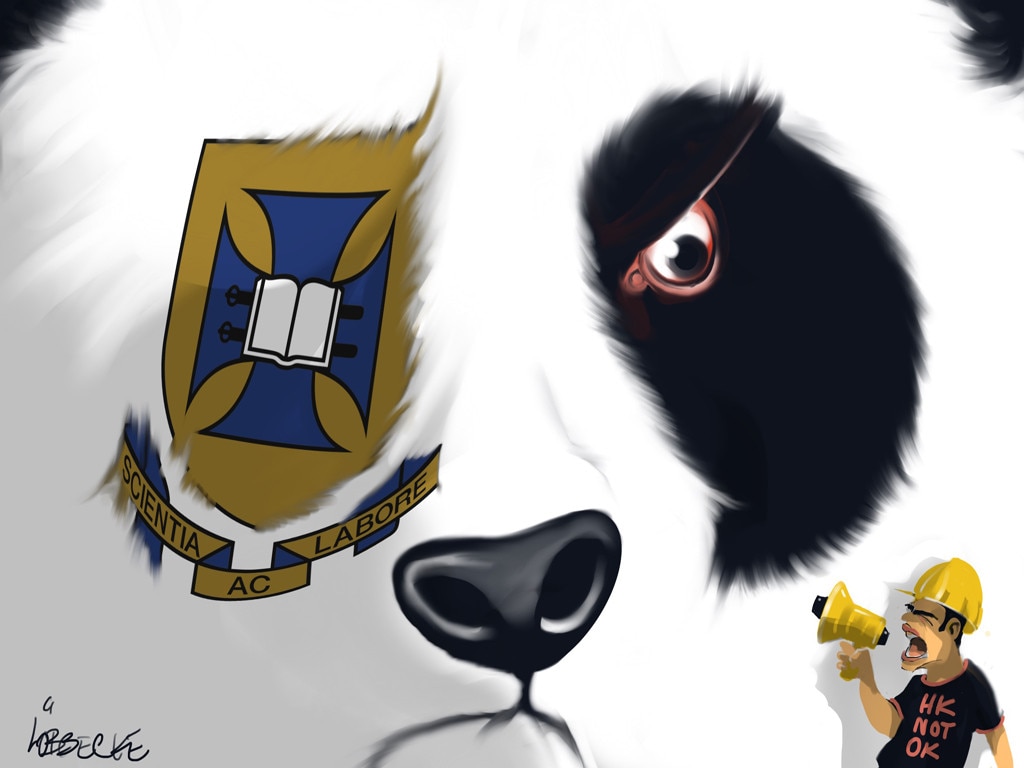
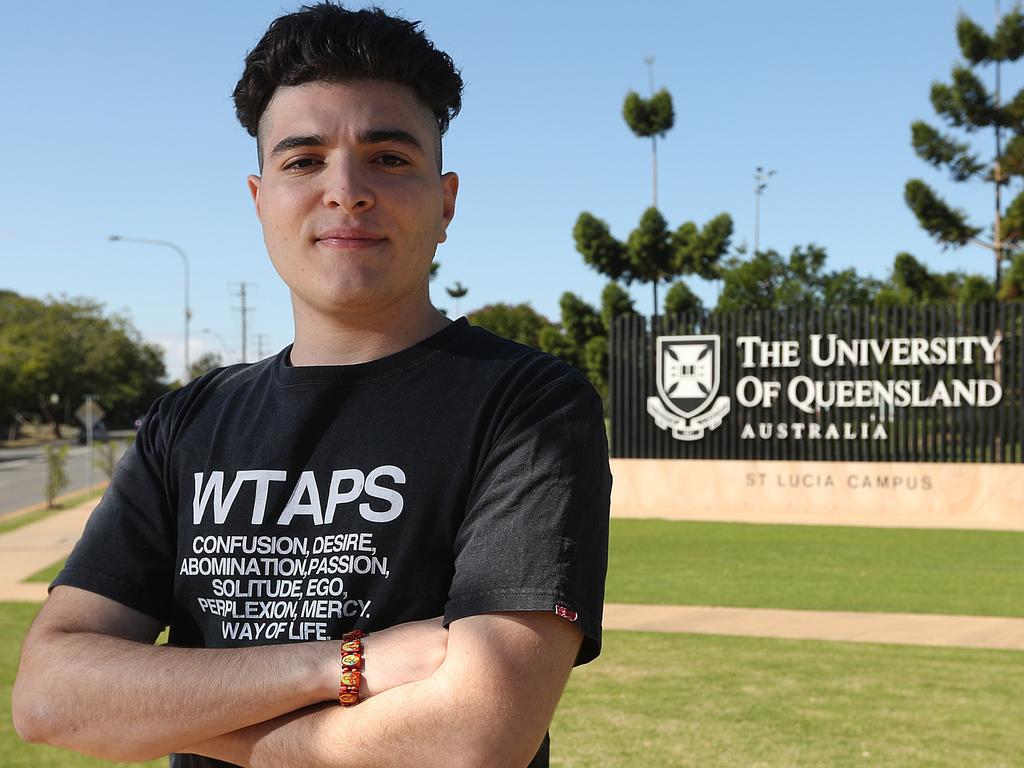
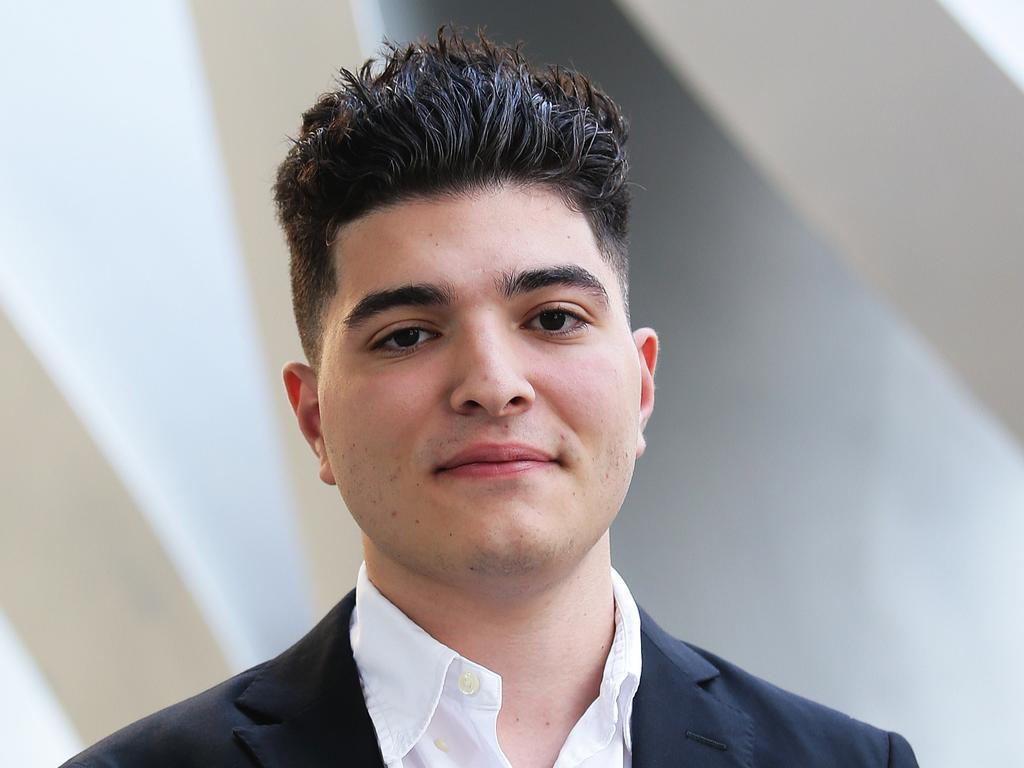
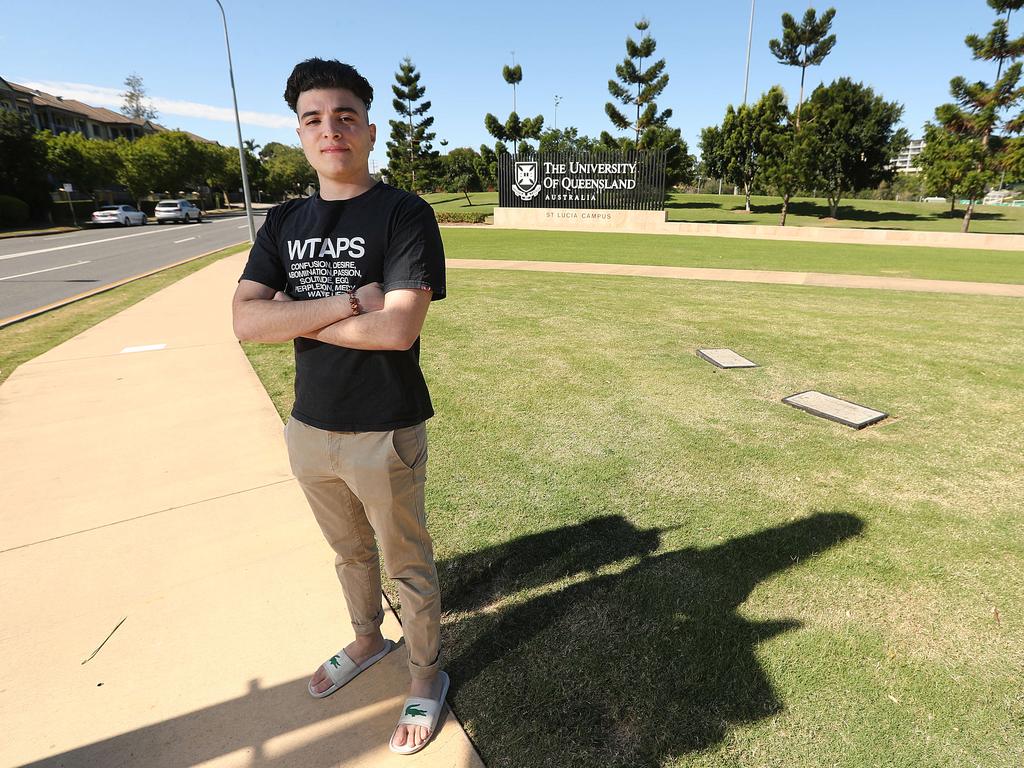

Nine months ago, University of Queensland chancellor and former top diplomat Peter Varghese called on the Morrison government to work with universities to draw “red lines” around areas of research which should not be shared with Chinese counterparts.
Besotted as they are with China, UQ chiefs should draw a red line through their repressive behaviour towards 20-year-old philosophy student Drew Pavlou. He has had 11 allegations of misconduct levelled at him following protests and social media posts about UQ’s academic ties with China and his criticism of the Chinese Communist Party’s record on human rights.